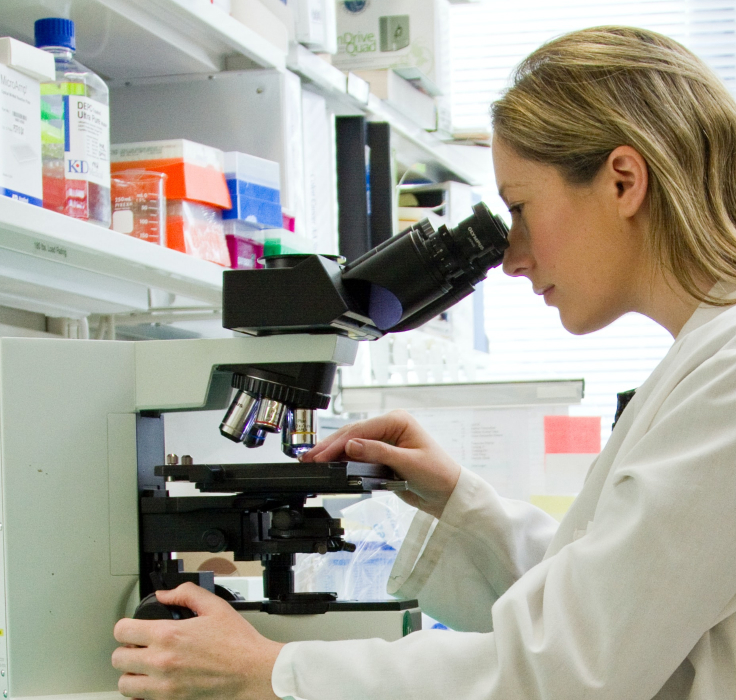
Patients
Clinical trials can be daunting to navigate, especially for patients with cancer. This section of our website provides clear and comprehensive information about clinical trials tailored specifically to those living with cancer.
What is a Clinical Trial?
Clinical trials are research studies that involve people. Through clinical trials, doctors find new ways to improve treatments and quality of life for people with certain diseases.
Did you know that all the standard medical treatments that we use today have been tested in clinical trials?
Clinical trials are the last step in a lengthy process that starts with lab research. Before testing a new treatment on people, researchers spend many years studying its effects on cancer cells in the lab and in animals. They also try to understand the side effects it might cause. Irish Cancer Society has an easy-to-follow info-graphic explaining this further on their website.
If you or someone you know needs cancer treatment, you can consider participating in a clinical trial. Trials are available for all stages of cancer, not only for advanced cases that don’t respond to treatment. Talk to your doctor about clinical trials that might be an option for you.
Are there different
types of trials?
- Some clinical trials use new drugs or treatments to treat the cancer.
- Some clinical trials look at what happens when existing drugs or treatments are used in new combinations.
- Some trials don’t use drugs or treatments at all but focus on the quality of life of someone in cancer treatment or look at the scans and tests used to find more information about their cancer.

Watch this informative video from our collaborators at Cancer Trials Ireland
Find information about our open clinical trials here
Phases of Trials
Clinical trials are typically conducted in several phases, with each phase designed to answer specific questions and provide additional information about the safety and effectiveness of the treatment being tested.
It’s important to note that not all clinical trials progress through all four phases. Some studies may be stopped at an earlier phase if the treatment is found to be unsafe or ineffective, while others may progress directly to later phases if the treatment shows promise in earlier phases.
Want to know more about Cancer Trials – what they are and why we need them? For everything you need to know, click here https://t.co/9EECRSG5aV @CancerTrialCork @CUH_Cork @CPH_QUB @QUBelfast @QUBMedEd @HSENCCP @hbrireland @HRCireland @roinnslainte pic.twitter.com/rehycuQNG3
— CancerTrialsIreland ???? (@cancertrials_ie) February 17, 2022
Learn More
About Cancer Trials

Why are clinical trials important?
Clinical trials have led to successful cancer treatments that help people live longer..

Are clinical trials safe?
Before a drug is used in a clinical trial, it undergoes thorough testing to ensure it is safe for use…





